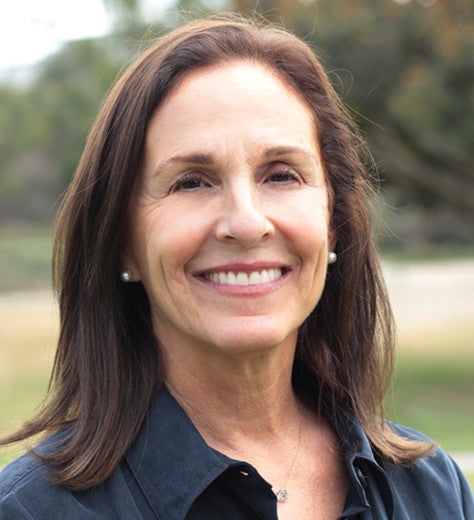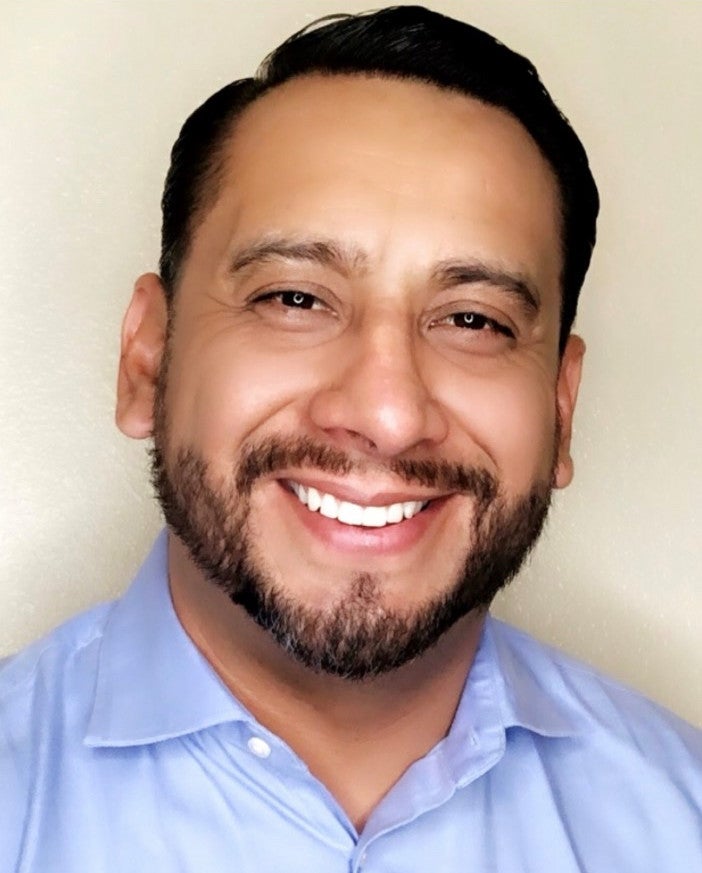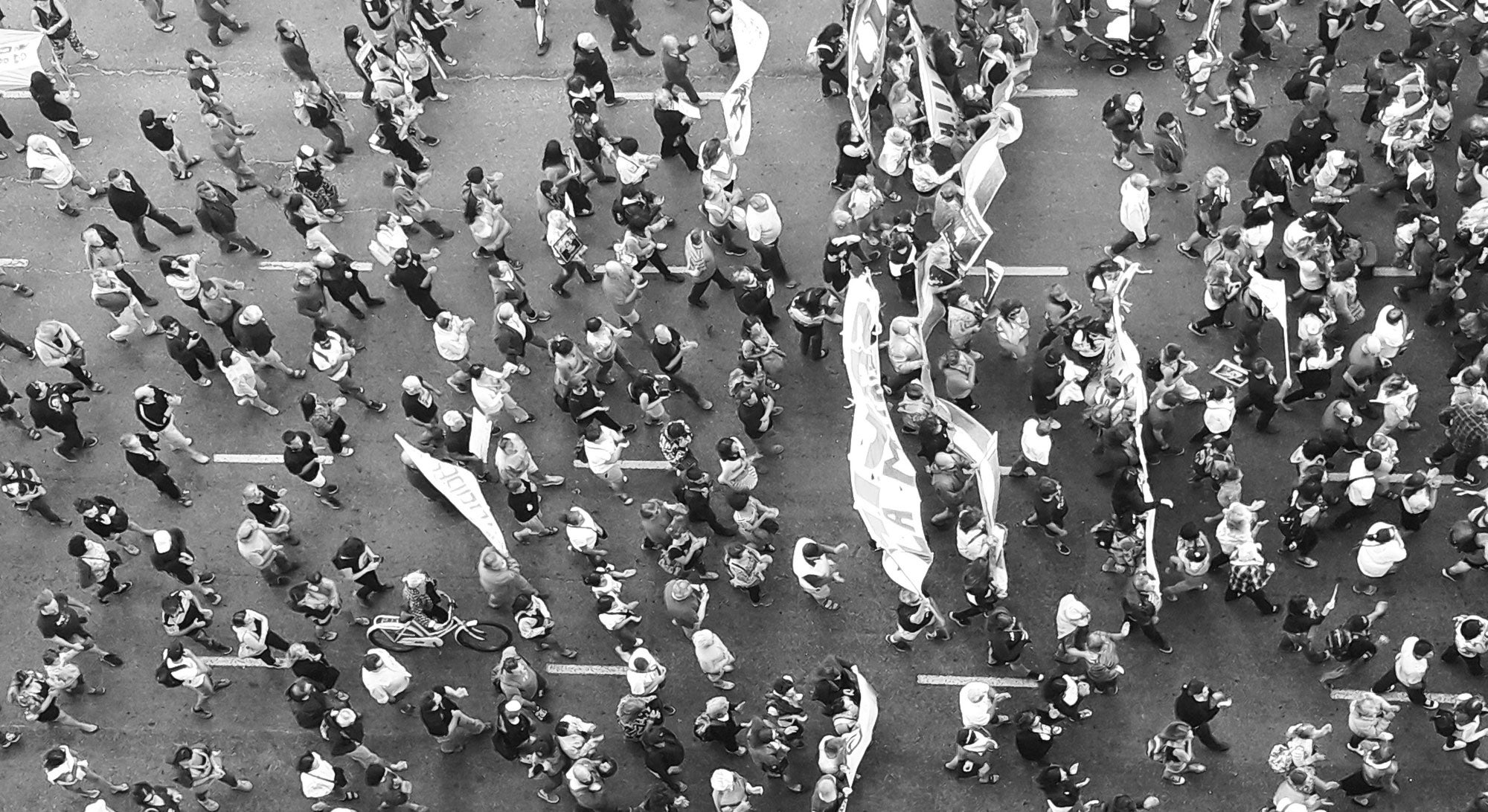The Write Stuff


Every veteran has stories to tell. They can be funny, horrifying, life-affirming, profane. But vets can have trouble sharing those stories, in large measure, because they’re personal.
That’s why Susan Derwin created the UC Santa Barbara Student Veterans Writing Workshop, a quarter-long opportunity for the campus’s vets to write about and share their experiences.
This year’s workshop culminated in a public reading featuring the works of five veterans, via Zoom.
Now in its 11th year, the workshop almost didn’t happen amid the pandemic and campus closure, said Derwin, director of UCSB’s Interdisciplinary Humanities Center (IHC) and a professor of comparative literature.
“I had my doubts about whether to teach the writing workshop this year,” she said, “given that instruction was remote, because so much of the work the veterans do depends upon building trust as a group. I didn’t know if this could happen over Zoom. But despite my doubts, I went ahead and held the class, and the experience proved me wrong. The remote format did not stop the veterans from going all in. They learned how to be perceptive readers of each other’s work, and they produced writings that were well-written, insightful and often wise.”
For David Guerrero, a non-traditional student who transferred to UCSB in fall 2020, participating in the workshop was a way to meet other veterans, which he’d been unable to do, and bond by sharing their stories.
A Marine infantry rifleman from 2003 to 2007, he did two combat tours in Ramadi, Iraq, and served with the Marine Expeditionary Force, based in Okinawa, Japan. Now 37, he said he was nervous sharing his story “because my story came from within.”
“All of my experiences that I wrote about I had suppressed and believed that I would never share with anyone ever, let alone write about it,” Guerrero said.
The workshop was a turning point for him.
“One of the many things that I got out of the veteran workshop was the understanding that my experiences are unique,” he said. “I wrote about an experience I had when I returned home from my first deployment from Iraq. I found myself feeling embarrassed and apologizing for the feelings that I felt at a welcome home event.
“I remember Professor Derwin telling the class that we don’t need to apologize for the feelings that we felt after a combat deployment,” he continued. “The experiences of combat were not normal, so I stopped justifying my feelings and comparing them with the way I believed a ‘normal’ civilian would feel. I decided at that moment to begin to open up and write as a combat veteran.”
Guerrero, a Santa Barbara native who’s studying sociology and minoring in applied psychology and education studies, plans to become a Licensed Clinical Social Worker to help veterans. The workshop, he said, affected him more than he anticipated.
“The veteran writing workshop was an amazing experience,” he said. “I have seen a vast improvement in my writing and it has improved my grades in my other courses. Professor Derwin is a great guide and will push you to go where you thought you would never go. I appreciate Professor Derwin for demanding more of me on each assignment. This workshop was therapeutic, and allowed me a safe space to heal by writing about my military experiences.”



